One of the most tragic aspects of alcohol and drug addiction is relapse. Just as someone with a chronic medical condition like diabetes must take steps to maintain their physical health, those in recovery must act similarly to maintain their sobriety. Unfortunately, sometimes the busyness of life or stressful life circumstances can deter you from remaining vigilant about your recovery, and relapse can sneak up on you. The signs of alcohol relapse often start long before someone picks up a drink.
At Marina Harbor Detox, we understand what’s required to maintain sobriety, and we know how to help you return from a relapse. We’ll work with you to identify how your relapse happened and how you can prevent relapsing in the future.
What Is an Alcohol Relapse?
A relapse is simply a return to using alcohol after not using alcohol for an extended period of time. Relapse in recovery is common but it doesn’t have to be. For a long time, getting sober focused on the initial detox stage.
Researchers now know that detox rids the body of alcohol, but it can take months for the mind to catch up. Those who use alcohol regularly or daily train their brains to see alcohol as self-medication. Therefore, when they are stressed or anxious, their brains crave alcohol as a way to reduce the discomfort or pain.
Many refer to this as Post Acute Withdrawal Syndrome (PAWS) and understand that treatment truly begins when detox ends. PAWS can last weeks or even years and includes symptoms such as difficulty sleeping, worsening memory, urges to use alcohol, not finding pleasure in activities, and difficulty sleeping. By working with treatment professionals, you can reduce or manage the symptoms so that you can avoid a relapse. By recognizing that the signs of alcohol relapse begin beore you pick up a drink, you may be able to avoid returning to alcohol.
What Are the Signs of an Alcohol Relapse?
The signs of alcohol relapse are much like the signs of alcohol use. You probably know your loved one better than anyone else. If you’ve known them long enough to see them active in their addiction and see them sober, then you know the difference between the two. Relapses begin before the return to alcohol use, so start paying attention to your loved one’s behavior for clues.
Signs of alcohol relapse often begin with changes in mood, ability to cope with stress, and anxiety. It may be difficult to know what is simply a reaction to life circumstances and what is the beginning of a relapse. By keeping the lines of communication open, you will be able to talk with your loved one and perhaps avoid sounding like you are making any accusations. Things can be a bit more confusing when your loved one is less open about their recovery and you may find yourself left to piece together the clues. Signs of an alcohol relapse can include emotional signs such as becoming more isolated, exhibiting mood swings, and being secretive. You may also note the individual using breath mints more often, slurring their words, or smelling like alcohol. If the relapse continues and their alcohol use increases, you will likely begin to see them failing to carry out their responsibilities at work and at home.
How To Get Help With an Alcohol Relapse
While it is heartbreaking, relapse does happen. The good news is that you or your loved one can return from a relapse. You don’t have to keep drinking. At Marina Harbor Detox, our team of medical professionals understands what it takes to recover from addiction and to return from a relapse. We provide a luxurious, intimate setting that relies on individualized care and a low patient-to-staff ratio. In addition, we will provide you with a structured, supportive environment to enable you to create life in long-term recovery. Contact us today to start your recovery journey.


